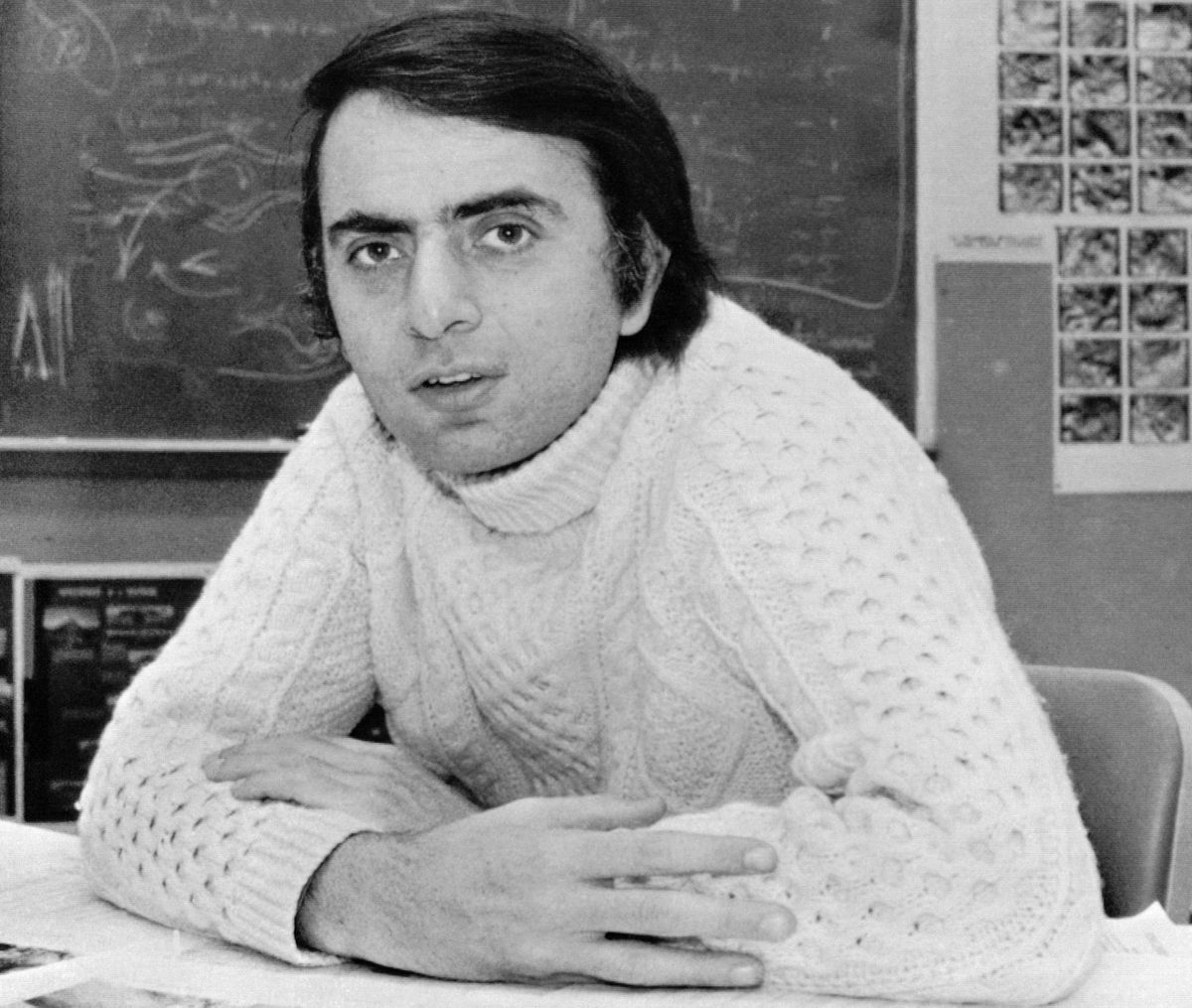Prominent authors “weed” and write

Many creative types have claimed to enjoy a good buzz for inspiration while pursuing their work, but as I explored the topic of cannabis as a literary inspiration, I was surprised to learn that although many writers claim to regularly partake, none of them actually credit pot smoking for their literary accomplishments.
For example, many of us have encountered a mellow buzz, a feeling of genuine calm and relaxation, or a desire to work-on-just-about-anything for hours on end due to cannabis, but can it make you a better writer?
Catherine Hiller, a 68-year-old marijuana-loving writer, says it helps her inspiration and motivation, but doesn’t necessarily improve her writing abilities.
Hiller started smoking marijuana in high school and continued through a career as a writer (five books total). Her recent memoir, “Just Say Yes: A Marijuana Memoir,” takes a now-to-then approach to her lifelong relationship with pot and presents a positive view of being able to incorporate it into one’s life.
She says that she uses cannabis to help her write, claiming it helps her start the process but doesn’t necessarily make her more creative.
“There were periods of time I was pregnant that I stopped smoking but continued to write. Those books were the same as the ones I wrote when I was stoned, but I can tell you that the process is a lot easier when I start stoned,” she said.
When asked why she wrote the book, Hiller explained, “I felt no one had touched on long-term, regular cannabis use by a middle-class professional person, and that the element of long-term positive use should be added to the marijuana bookshelf.”
Ideally, for those pursuing creative endeavors, pot can potentially inspire, help spark abstract thinking, or help connect seemingly unrelated ideas. Which is why many writers and artists advocate cannabis, but it’s hard to say if it can make you a better writer. Or that your words scribbled while stoned will be far more poetic or insightful.
Here are some writers with a self-proclaimed relationship with pot, and views on the subject:
Carl Sagan, an established scientist and author of “Cosmos: A Personal Voyage,” was a strong advocate for the legalization of marijuana. He wrote an essay about his experiences on the drug under the alias Mr. X for Harvard scholar Lester Grinspoon’s 1971 book “Marihuana Reconsidered,” praising weed’s effect on his appreciation for art.
Stephen King, who has published 55 novels and received various awards, claims to have been a heavy cannabis consumer, and in a prescient 1980s interview with High Times said, “I think that marijuana should not only be legal, I think it should be a cottage industry.”
Susan Sontag published both nonfiction and fiction while using her medium to advocate for human rights, AIDS awareness and more. Sontag is credited with saying, “I think marijuana is much better than liquor. I think a society which is addicted to a very destructive and unhealthy drug – namely alcohol – certainly has no right to complain or be sanctimonious or censor the use of a drug which is much less harmful.”
Hunter S. Thompson, the author of “Fear and Loathing in Las Vegas,” was always upfront about his usage: “It has been a source of joy and comfort to me for many years.” His basic staples for life included beer, ice, grapefruit and the ganja.
Alexandre Dumas was a French author who wrote “The Three Musketeers” and “The Count of Monte Cristo.” Dumas was a member of a society dedicated to weed called, Club des Hachichins. Other high-profile Parisian writers who were part of the group included Théophile Gautier and Charles Baudelaire.
Maya Angelou, one of the most lauded American authors and poets of the 20th century, wrote about her first time smoking pot at 18 years old – and the evocative meal and dancing that followed – in her second memoir “Gather Together in My Name.” After a traumatic childhood, Angelou wrote that grass eased her stress and opened her to finding joy in the world; “for the first time, life amused me.”
Kate A. Miner has a degree in visual anthropology, and has worked in marketing and advertising for many years. She writes, takes photos and teaches yoga.